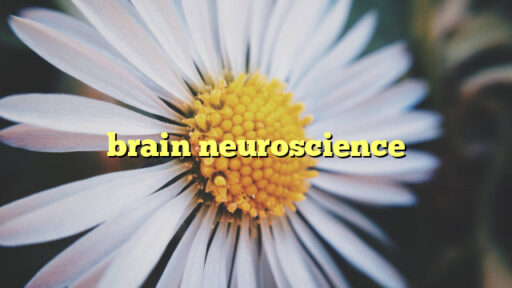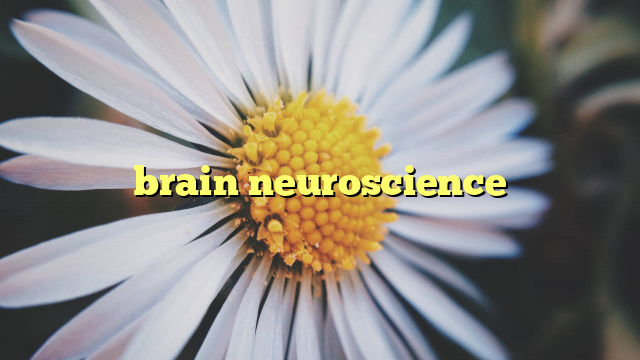Brain neuroscience is the study of the brain and its functions, including how it works, how it develops, and how it can be affected by various factors. The human brain is a complex organ that serves as the control center for the body, responsible for processing information, regulating emotions, and controlling movements.
Neuroscientists use a variety of tools and techniques to study the brain, including imaging technologies like MRI and PET scans, as well as electrophysiological recordings. By studying the brain at the cellular and molecular levels, researchers can gain insight into how the brain functions and how it can be altered in disease states.
The Structure of the Brain
The human brain is divided into different regions, each with its own specific functions. The cerebral cortex, which is the outer layer of the brain, is responsible for higher cognitive functions such as thinking, reasoning, and problem-solving. The limbic system, located deep within the brain, plays a key role in emotion and memory. The brainstem is responsible for regulating basic functions like breathing and heart rate.
Neurotransmitters and their Role in Brain Function
Neurotransmitters are chemical messengers that relay signals between neurons in the brain. They play a crucial role in various functions, including mood regulation, memory formation, and motor control. Imbalances in neurotransmitter levels can lead to psychiatric disorders such as depression, anxiety, and schizophrenia.
Brain Plasticity and Learning
The brain has the remarkable ability to change and adapt in response to experience, a phenomenon known as brain plasticity. This ability allows us to learn new skills, adapt to new environments, and recover from brain injuries. Neuroplasticity is the basis for treatments like physical therapy and speech therapy for patients recovering from stroke or traumatic brain injury.
Conclusion
Brain neuroscience is a fascinating field that continues to uncover the mysteries of the human brain. By studying the brain's structure and function, researchers can develop treatments for neurological and psychiatric disorders, as well as gain insight into the nature of consciousness and cognition.
FAQs
What is brain neuroscience?
Brain neuroscience is the study of the brain and its functions, including how it works, how it develops, and how it can be affected by various factors.
How is the brain structured?
The human brain is divided into different regions, each with its own specific functions. The cerebral cortex is responsible for higher cognitive functions, the limbic system plays a role in emotion and memory, and the brainstem regulates basic functions.
What are neurotransmitters?
Neurotransmitters are chemical messengers that relay signals between neurons in the brain. They play a crucial role in mood regulation, memory formation, and motor control.
What is brain plasticity?
Brain plasticity is the brain's ability to change and adapt in response to experience. This ability allows us to learn new skills, adapt to new environments, and recover from brain injuries.
Unlock Your Mental Potential




